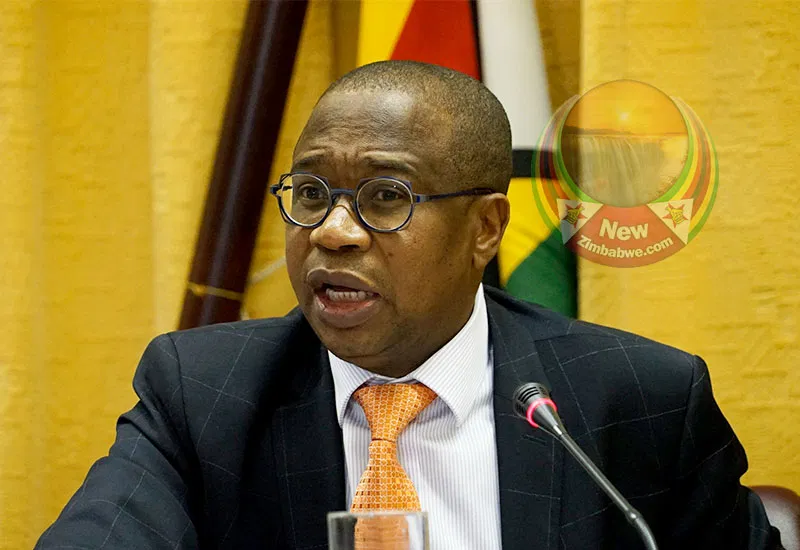
Zimbabwe Finance Minister Mthuli Ncube
Despite years of suffering downturns, the Zimbabwe economy has in recent times shown positive signs of an upward bounce and now, the Zimbabwe government has promised more progress.
The economy of the southern Africa country had in the past two years been in crisis.
Before the COVID–19 pandemic, Zimbabwe’s economy was already in recession, contracting by 6.0% in 2019. Output fell because of economic instability and the removal of subsidies on maize meal, fuel, and electricity prices; suppressed foreign exchange earnings; and excessive money creation.
The onset of the COVID–19 pandemic and continued drought led to 10% contraction in real GDP in 2020. Inflation soared, averaging 622.8% in 2020, up from 226.9% in 2019.
Despite the challenges, 2021 has brought about an improvement in the economy and the Zimbabwean Finance Minister Mthuli Ncube expects the economy to grow by 7.8%.
“The economy is fixable; we are fixing it. Just check our track record in the last two and a half years. The government has introduced a new currency, which didn’t exist before. Every country needs its own currency so as to have monetary policy to supplement what’s happening on the fiscal side’’, Ncube said.
The minister further assured that the government had been engaging with the country’s creditors to repay its $8.0 billion external debt.
“We even managed to balance the budget. We have begun payments, token payments, to the World Bank and the AfDB (African Development Bank) and European Investment (Bank). We have started. We have also expressed that we desire to begin payments, no matter how small, to the 17 Paris Club members that Zimbabwe owes money to. We want Zimbabwe to be known as a good debtor, not a bad debtor”, Ncube added.
The IMF projects growth of 3.1% for Zimbabwe’s economy.
Powered by WPeMatico


